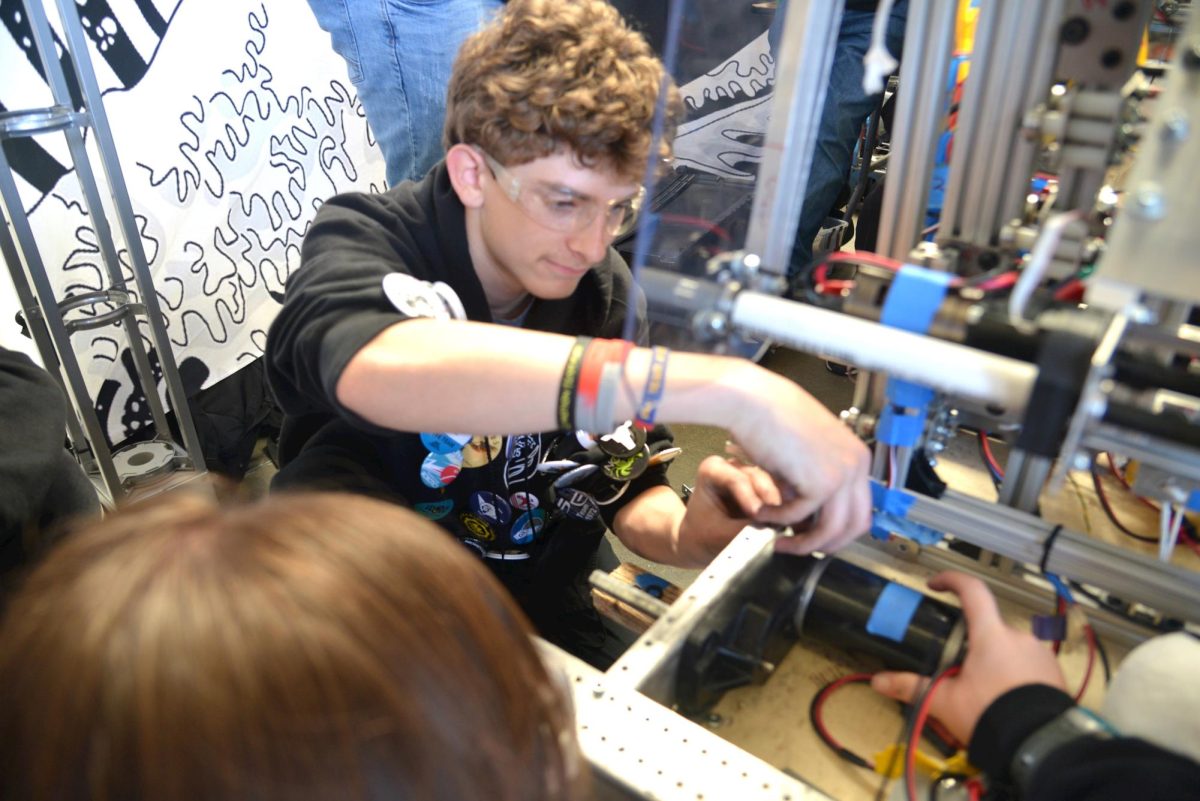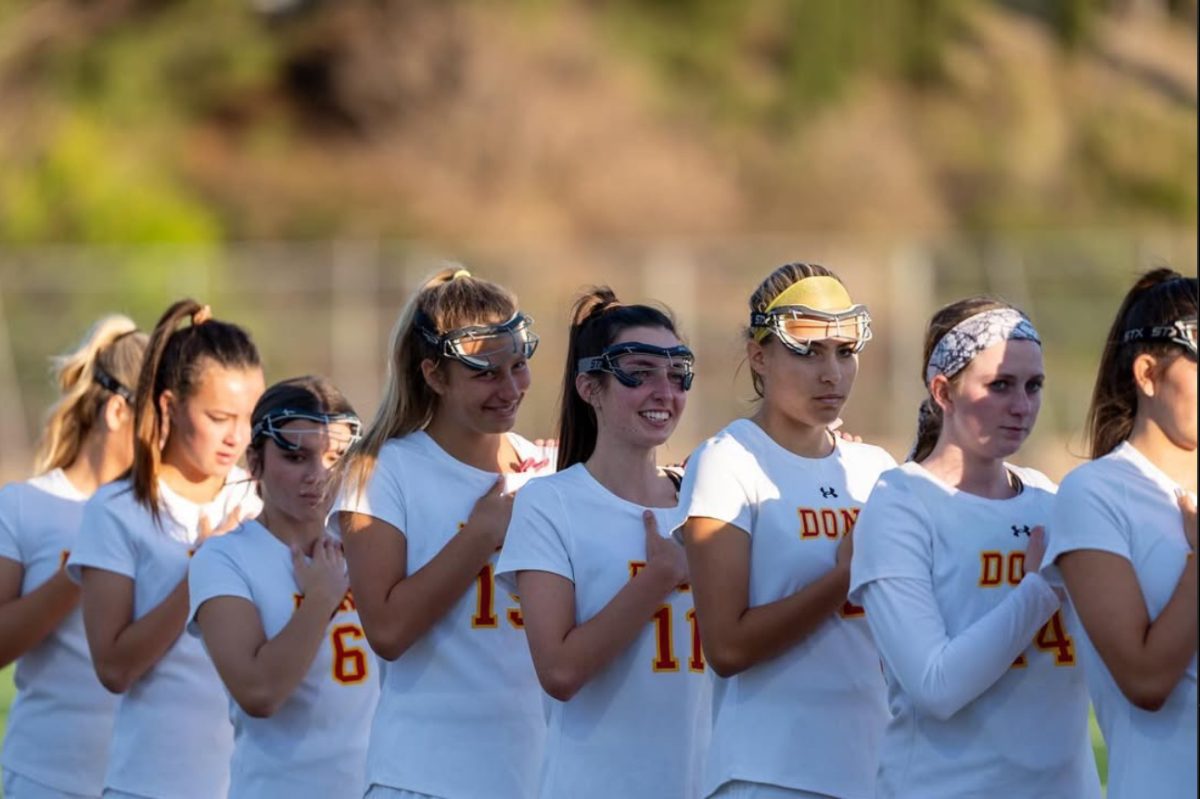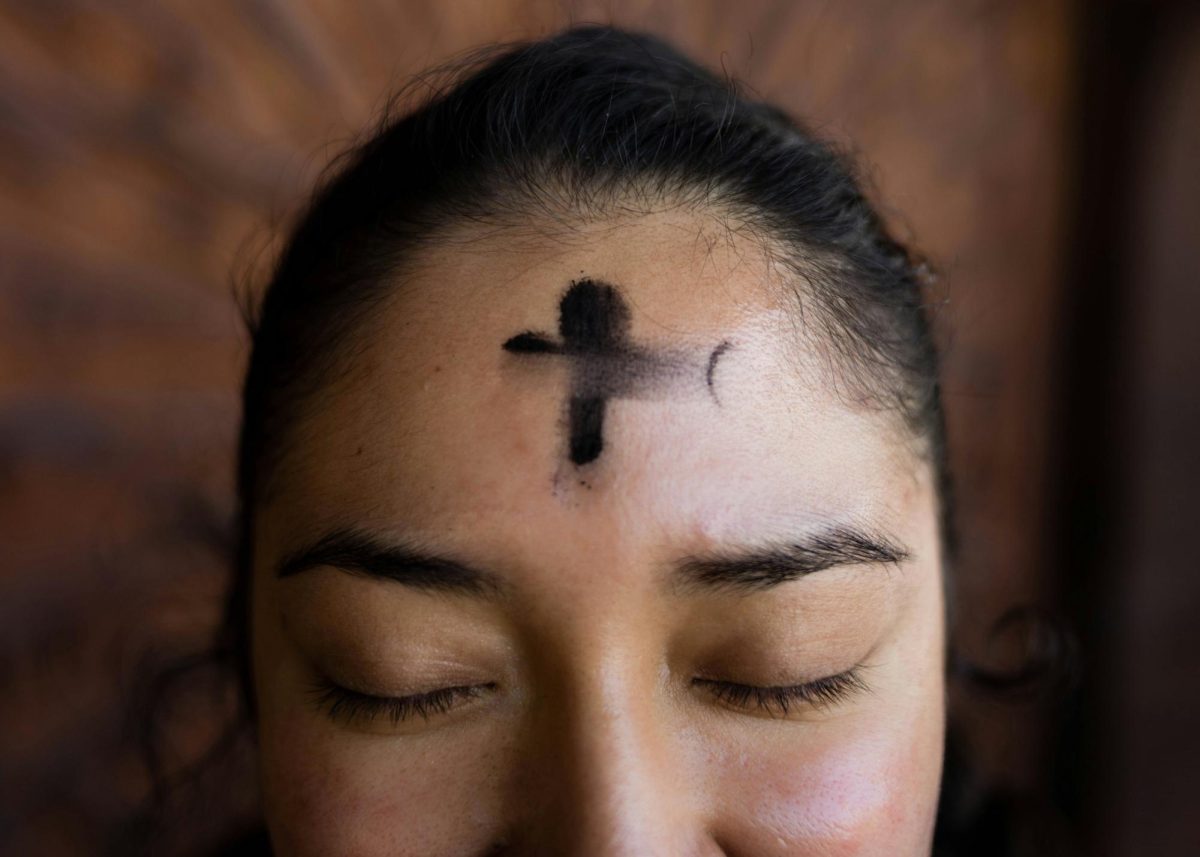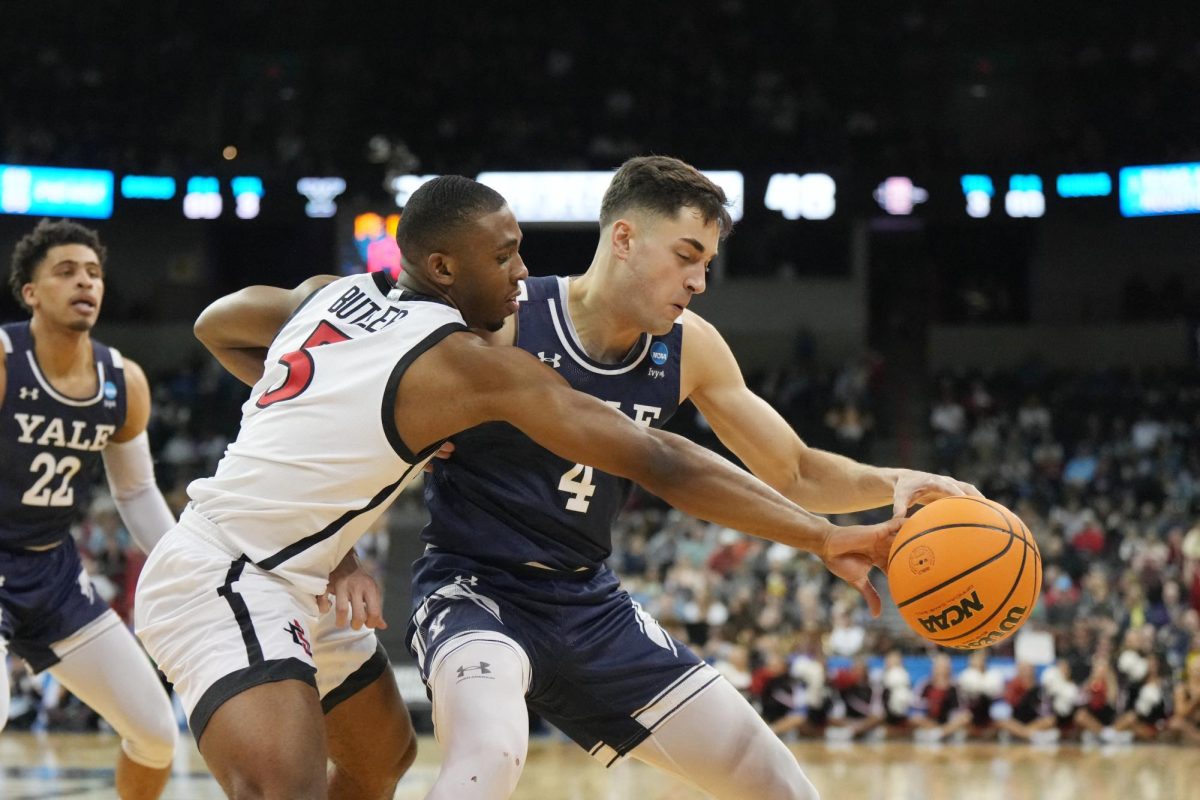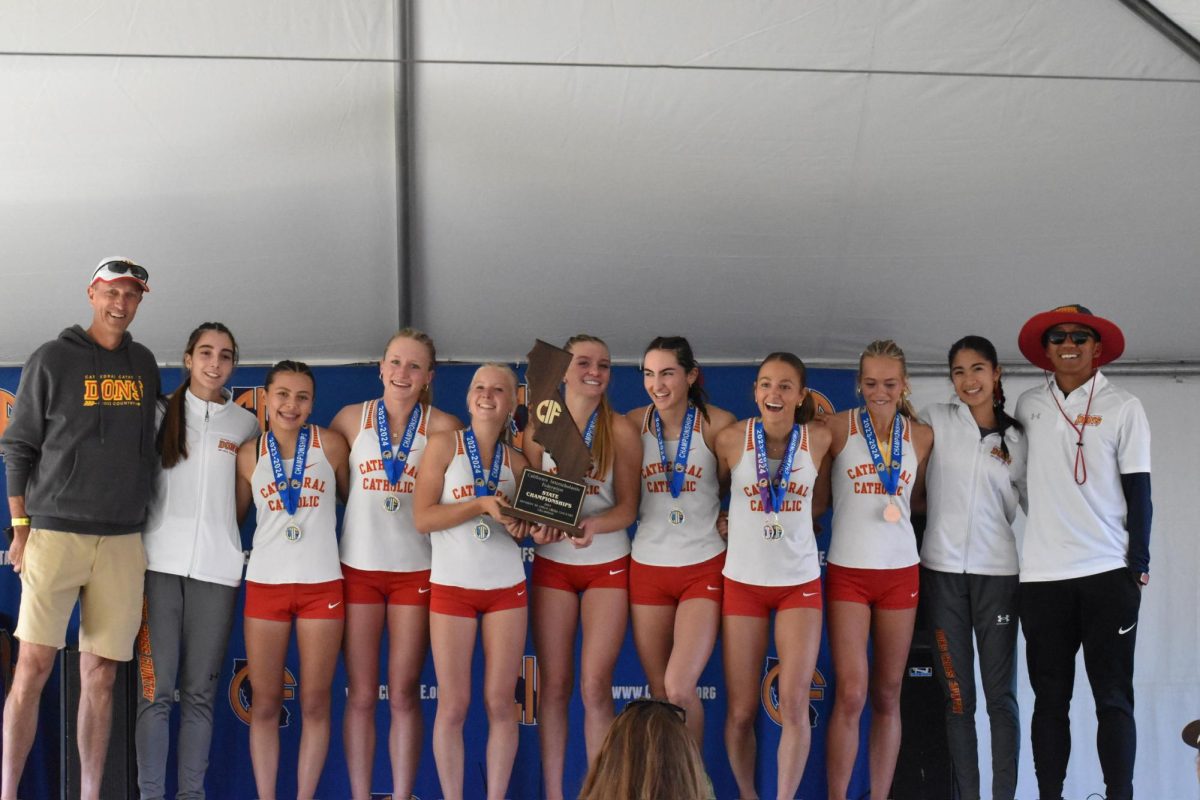Why does it Feel Like Clubs do Nothing?
Boasting over 100 clubs, Cathedral seems like the kind of school that would encourage club engagement or leadership in every event, rally, and activity. One of the main attractions that was advertised to me was the sheer number of clubs, which was what made me choose to go to Cathedral. Upon further inspection, most other extracurriculars on campus foster more community in the student body than these highly advertised clubs.
The beginning of the year, with club week and other activities, usually inspires new hope in the club system. Students flock to the knoll and sign up for many clubs- hopeful for one that will foster community and fun experiences. But by late October, lack of member initiative and strong leadership in these clubs led them into obscurity. One or two group announcements on schoology about the club’s plans are usually the only activity.
This seemingly planned obsolescence is extremely disheartening and embarrassing for a school with resources like CCHS. Many have cited poor leader initiative as the reason for these pitfalls.
“There’s no heart to clubs because people aren’t willing to actually put in the effort needed to run a functioning club,” Junior Kenny Eckel said.
Many clubs are based on interesting ideas, but execution takes effort and, more critically, significant time. Time many of these leaders do not have as they have tons of other responsibilities.
It’s hard to blame club leadership for prioritizing other responsibilities, the culture of clubs at Cathedral has made neglecting clubs the norm. Clubs carry no weight on campus so why would a person sacrifice time from a more recognized group like an Honor Society for clubs no one seemingly cares about. This culture of neglect even reaches some teacher-moderators; who are juggling lesson plans and curriculum.
In addition to lacking prestige, internal club relations lead to members walking away. New members joining clubs are often not welcomed in an organized and professional manner. “Positions within clubs aren’t driven by actual talent, it’s based on being friends with the person who founded the club” says a student who wishes to remain anonymous.
How could a new member be inspired to work their way up in a club if they know that the only leaders who will receive credit are those given positions by friends?
Naturally, a club founder would want their friends to be involved in their club, but this becomes unhealthy when all of the positions within the club, Vice President, treasurer, etc, are held by people who didn’t even run for said position in the first place. It’s a form of ‘nepotism’ that is sadly seen in almost every club on campus.
So what entices these students to start a club if they have no genuine interest in the first place? The answer is very obvious-college applications. Here on campus, many are aware of the shortcomings of the club system, but a college reading an application that proudly displays ‘club founder’ would have no knowledge of said shortcomings. Many founders are, “blinded by their desire to put ‘led a club’ on college applications” says Kenny Eckel ‘24. It’s far too easy to start up a club, neglect it for a year, and then exaggerate all of its great successes on an application.
All of these issues feed into each other, if a leader has no interest in their club when they found it, then do nothing with said club, members will be uninterested and not participate. It is a cycle that is so commonplace, many do not even sign up for clubs during club week.
Blame can be shifted to any player in this cycle, it’s equally the fault of club leaders, members, even administration. But just because liability is shared, does not mean there cannot be direct solutions.
“They should plan more structured and frequent meetings” says Reese Elazar ‘25, “if clubs meet on a schedule and have activities planned people will feel more involved”.
The problem may be structural-many have added that the process of approving a club is far too lenient. If club applications were more thoroughly reviewed, the clubs that were obviously only created for bragging rights could be filtered out. Even better though, if this system were put in place, club leaders would feel more of a need to be active. Routine check-ins from administrators on the status of clubs would “force” clubs to engage..
The idea of administration being even more involved with something that is supposed to be student-led probably leaves a sour taste in students’ mouths, I even feel slightly uncomfortable proposing it. But it is obvious that for clubs to be taken seriously on campus there needs to be more oversight in some areas. These changes would be absolutely worth it, as improving the club system as a whole would give clubs a better reputation which in turn could lead to better funding and support.
The official CCHS website states that, “Approved clubs reflect the inherent values of Cathedral Catholic High School and the Catholic faith. In addition, they aid in enriching the community and fostering camaraderie”. Currently clubs fulfill few of these ideals, but that does not mean that they never will. Cathedral is full of students with motivation, creativity, and a desire to serve, and with additional structure, these students could make our clubs amazing.





